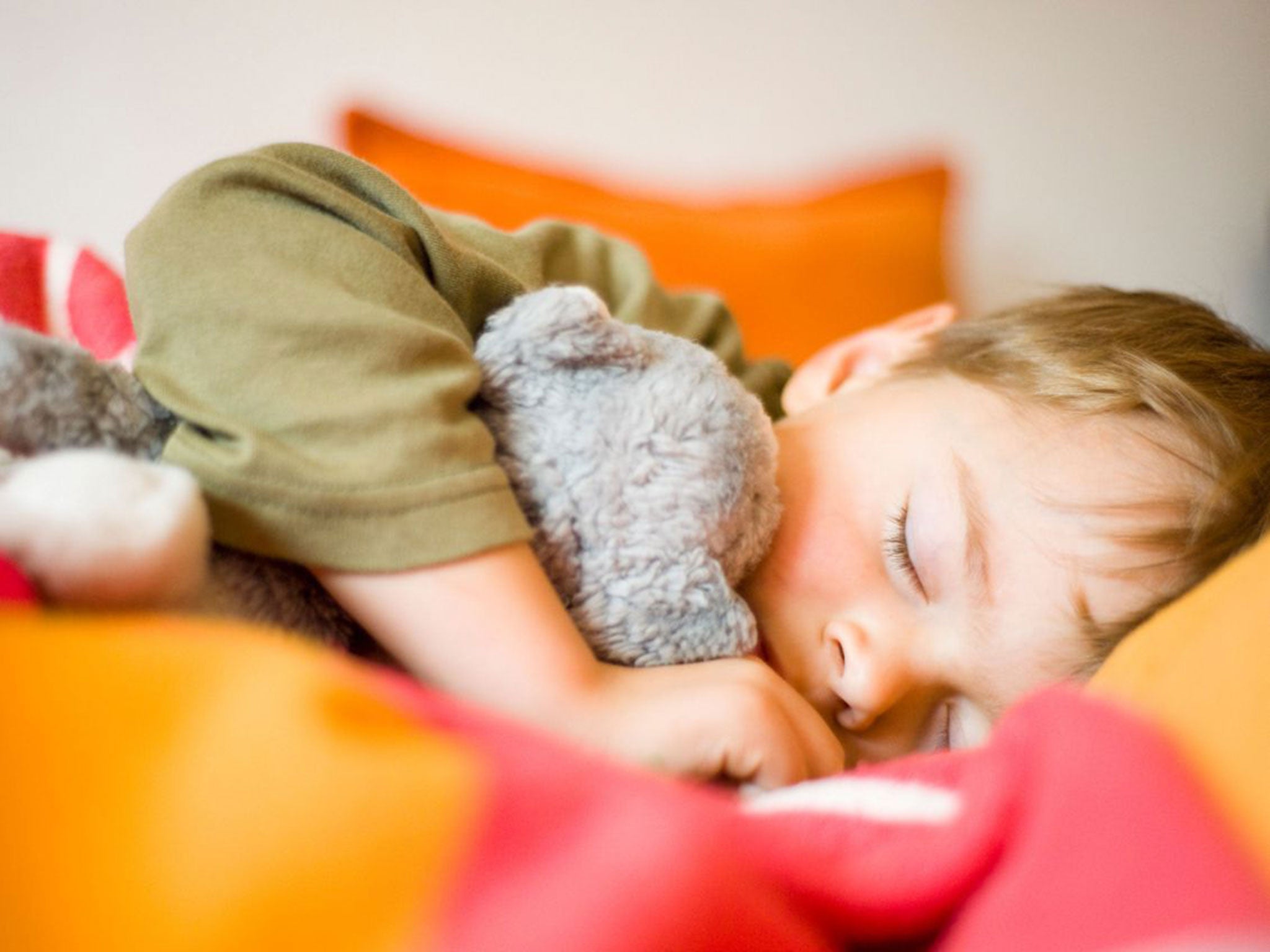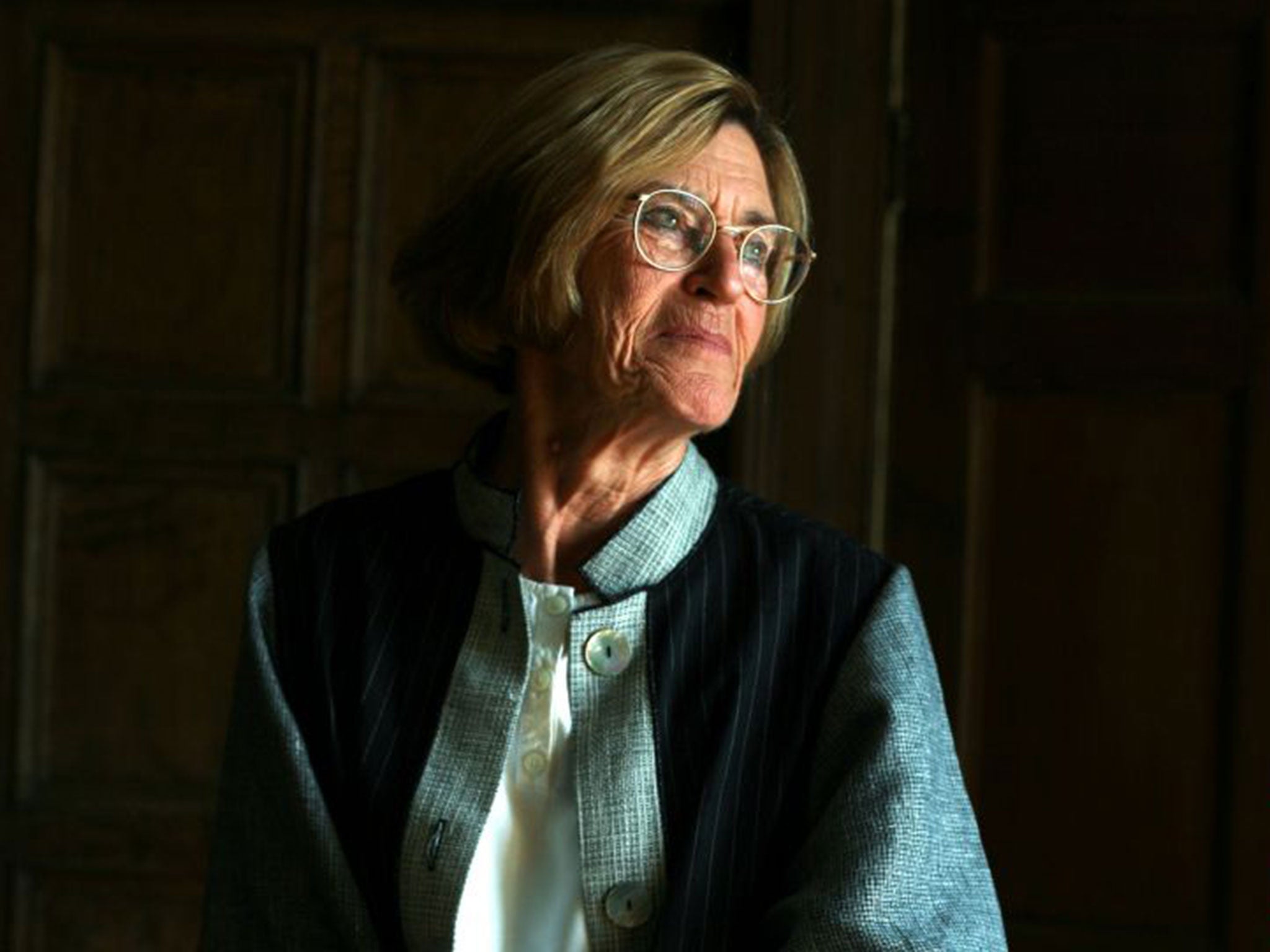Fathers angered by psychologist's claims that under-fives are damaged by 'sleepovers' with their separated fathers
Baby guru Penelope Leach says spending the night away from their mothers 'reduces brain development'

Separated fathers angered by psychologist's claims that babies and toddlers can be are damaged by 'sleepovers' with the other parent
Baby guru Penelope Leach says being time-shared between the primary carer and the other parent can affect brain development in children under four
One of Britain's leading parenting experts has angered fathers' rights groups by claiming that babies and toddlers of separated couples should not, as a general rule, routinely spend nights with the parent who is not their primary carer, which in more than 90 per cent of families is the mother.
Psychologist Penelope Leach, whose parenting books have sold millions, claims that children under four should not be separated from their primary carer for regular “sleepovers” with their other parent – usually the father – when couples have parted ways, unless the child is “securely attached to both parents and turns to each parent for comfort”.
In her new book, Family Breakdown: helping children hang on to both parents, Dr Leach, a Senior Research Fellow at the Institute for the Study of Children, Families and Social Issues at Birckbeck College in London and former president of the National Childminding Association, says attempts by separated parents and family courts to “share” young children is are putting “adult rights” above those of children. She argues that “when people say that it’s ‘only fair’ for a father and mother to care for their five-year old daughter on alternate weeks, they mean it is fair to the adults – who see her as a possession and her presence as their right – not that it is fair to the child”. She goes on to describe “clear evidence” that in certain circumstances overnight separations of a very young child from the primary carer are highly stressful and that repeated experience of high-level stress is potentially damaging to brain development and secure attachment.

Published this week, the book argues that “we can do divorce and separation better in terms of what the child needs”, but it has already angered fathers' rights campaigners.
The book also takes aim at the family-law profession by arguing that “when a lawyer bids for his client to have his baby or toddler to stay overnight each weekend they are both ignoring clear evidence that such overnight separations from the mother are not only usually distressing, but also potentially damaging to the brain development and secure attachment of children under about four”.
A spokesman for New Father's 4 Justice group said: “Leach's advice sounds like absolute poison and potentially terribly damaging to children's development. Overnight stays with fathers from as early an age as possible is crucial if children are to form strong attachments with both of their parents.”
Ian Maxwell, of the charity Families Need Fathers, said Dr Leach's argument was “worrying” for fathers and went against “common sense”. “The bond between fathers and children is just as important.” “The idea [of] maternal bonds being the strongest goes back to classic attachment theory, and I think we've moved on quite considerably since then – and also the involvement of fathers in their children's lives has also developed quite considerably.”
This was a view echoed by Dr Linda Nielsen, writing recently for the American Psychological Association. She said that arguments in favour of mother-only parenting only appealed to people who rely on the outdated argument that “females have a maternal instinct or neurological structures in their brains that better equip them to bond and communicate with infants”.
Dr Leach strongly defended her position against suggestions of being anti-father, arguing that: “In the long term fathers are as important as mothers. Accumulating research from all over the world shows clearly that it is highly desirable that children of all ages should have the best possible relationship with both parents and parents should support that. Mothers shouldn't try and limit fathers’ access to children to force them to pay maintenance. Being a father is not a reward for good behaviour.”
She added that the rights of a child must always outweigh those of the parents, and challenged the idea that ”equal parenting ought to be equal numbers of days and nights with each parent, without regard with what is best for the individual child. It can be damaging to the child to divide time equally between the parents.“
• This article has been amended to clarify that Dr Leach’s argument about the potential damage of sleepovers relates to children being separated from their primary carer (not, as a matter of principle, from their mother). 25 July 2014
Join our commenting forum
Join thought-provoking conversations, follow other Independent readers and see their replies
Comments